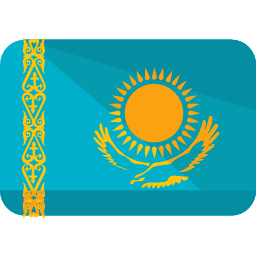- Home
- Services
- Country Services
hongkong
russia
argentina
italy
india
australia
italy
italy
japan
ghana
- Order Online
- FAQ
- Contact Us
- Blog
Newsletter
Sign up our newsletter to get update information, news and free insight.
Copyright © 2023 Legalization Apostille, All rights reserved. Developed by SMILE SOFTWARE.




























